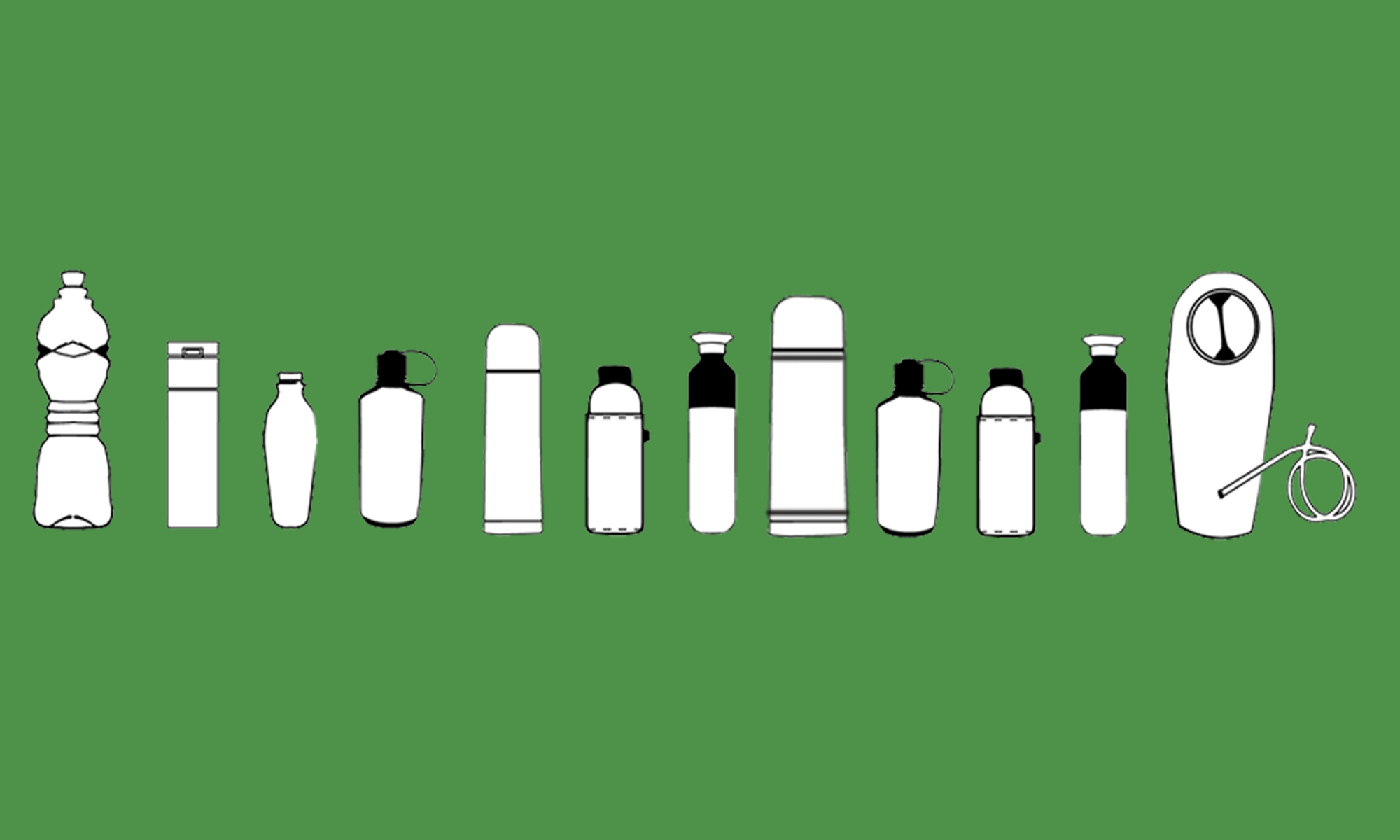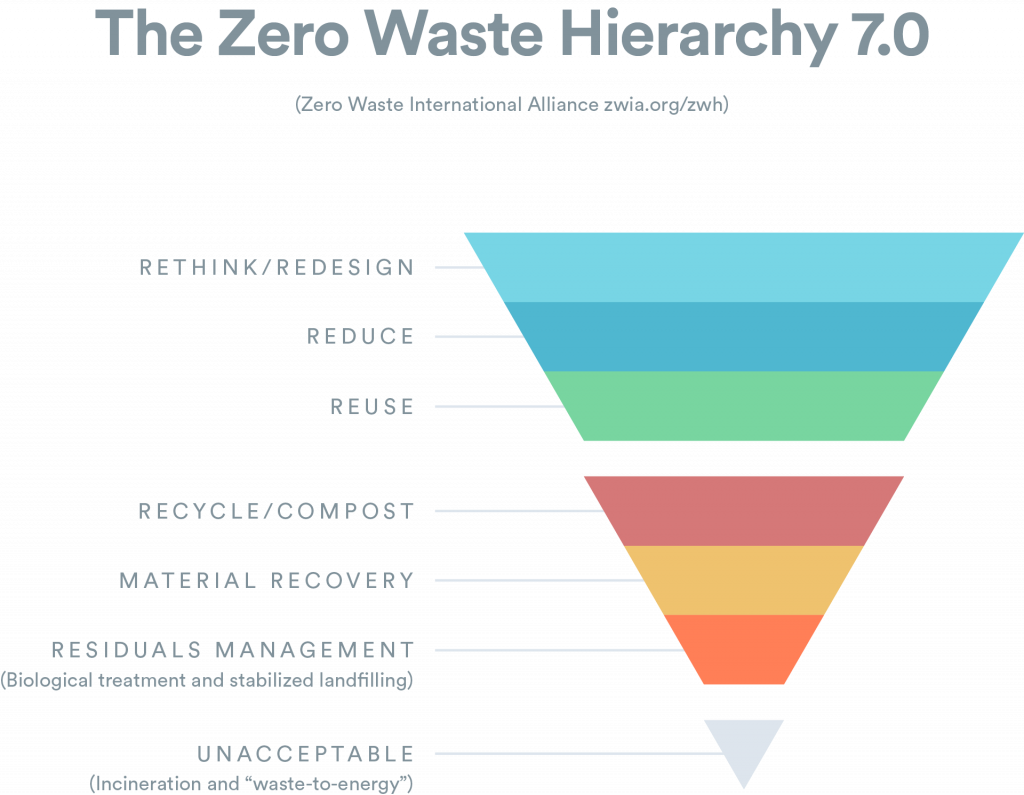Plastic recycling problems, an unpopular topic, yet something that needs to be addressed. Plastic waste may triple by 2060. Recycling is essential, but not easy. Even though nowadays many companies proudly present their recycled packaging, plastic recycling has many problems. In this blog we briefly explain you why plastic recycling is not the (best) solution. This is a complicated topic, which could be explained in multiple blogs/articles from different points of view. We tried to keep it short and simple.
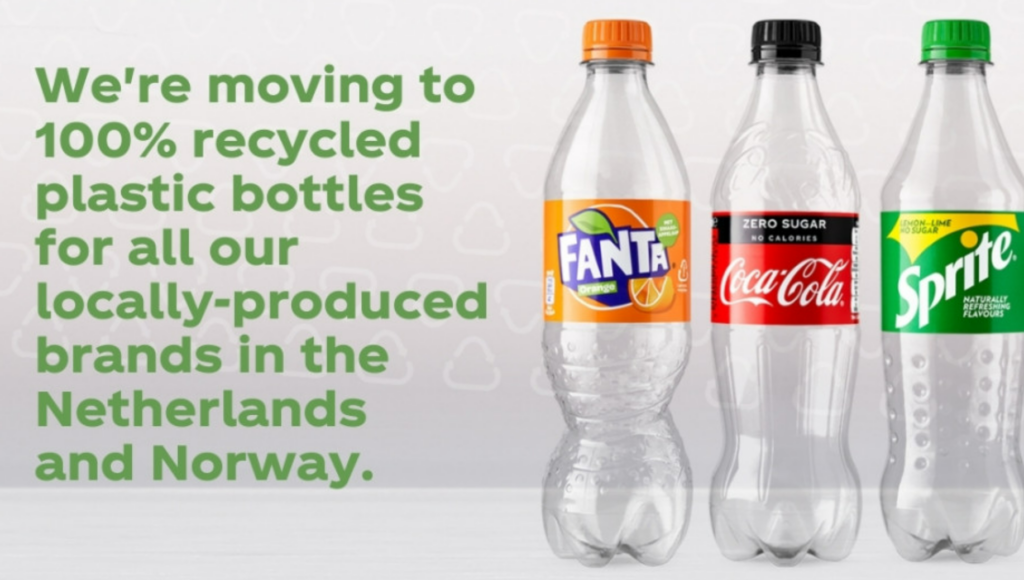
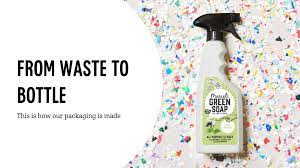
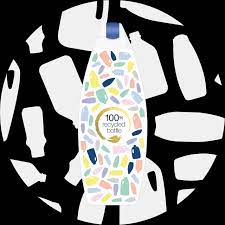
PLASTIC RECYCLING PROBLEMS
- Poor working conditions. Most developed countries that are into plastic recycling do not do the job themselves. China used to be the main importing country of plastic waste, until the country announced an unprecedented ban on its import of most plastic waste. This resulted in a change in global plastic waste trade flow. Since then, most European countries transport plastic waste to Turkey, where it is recycled in factories. Unfortunately, many of these factories do not care about labour circumstances or environmental care.
In a recent Human Rights Watch report, it stated: “‘It’s as If They’re Poisoning Us’: The Health Impacts of Plastic Recycling in Turkey,” documents the consequences of the Turkish government’s ineffective response to the health and environmental impacts of plastic recycling on the right to health. Air pollutants and toxins emitted from recycling affect workers, including children, and people living near recycling facilities.
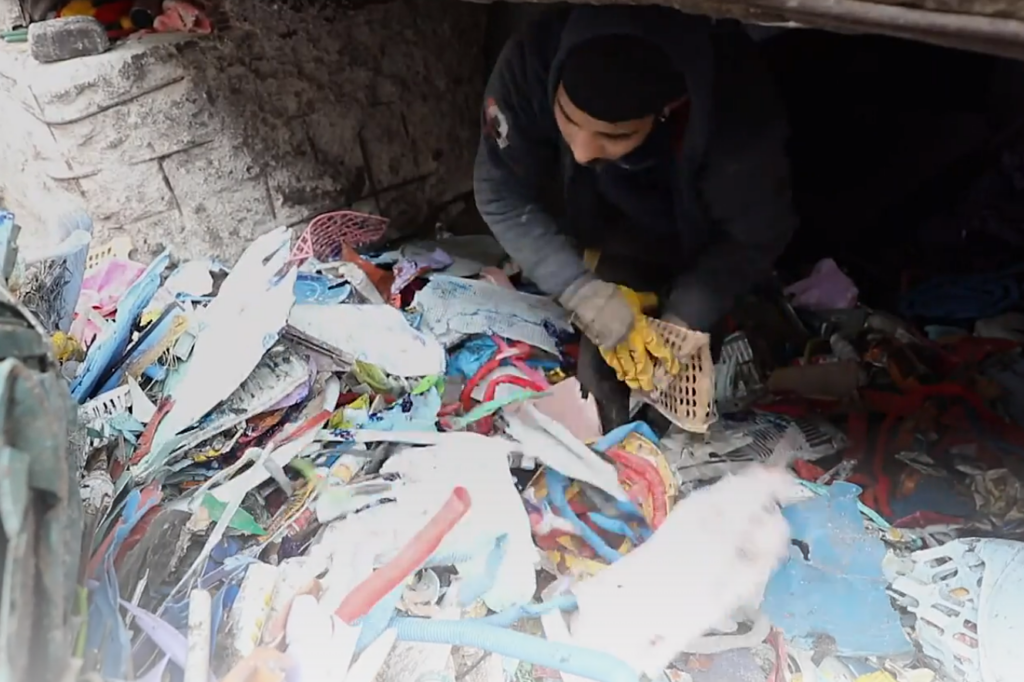
- Recycling stream is not clean. Non-recyclable materials being put in the recycling stream (such as liquids or plastic bags) that contaminate recyclable materials. A big part of recycled plastic is of inferior quality. The process of recycling is in fact often downcycling (read more).
- Plastic recycling is neither economical, nor (very) sustainable. Recycled plastic sometimes costs more than new plastic because collecting, sorting, transporting, and reprocessing plastic waste is expensive. Even though recycling is better than landfill or incineration, but recycling in itself is not the most sustainable process. Lots of energy is needed for the process.
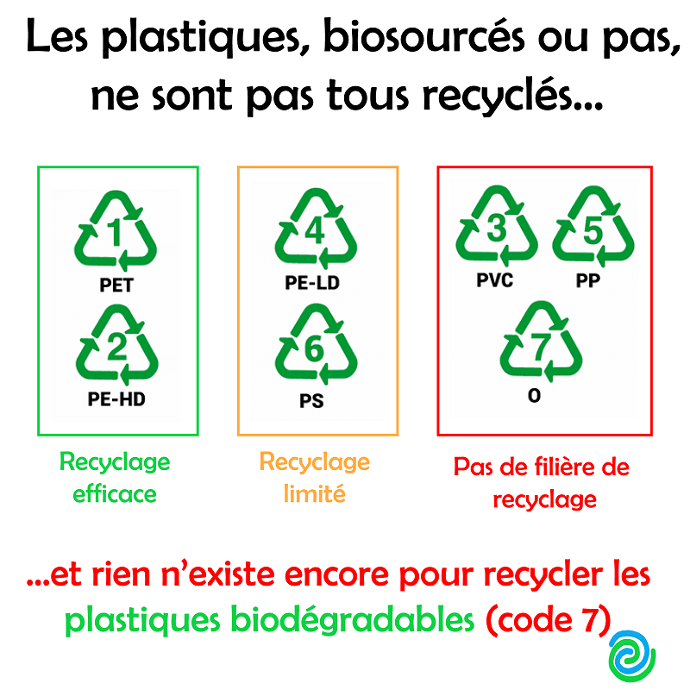
REFILL BEFORE RECYCLING
Recycling techniques must be improved and the chain should be beter inspected. But most of all we must reduce and discourage the consumption of plastics. Refilling is better than recycling! Check our post on The Zero Waste Hierarchy.
